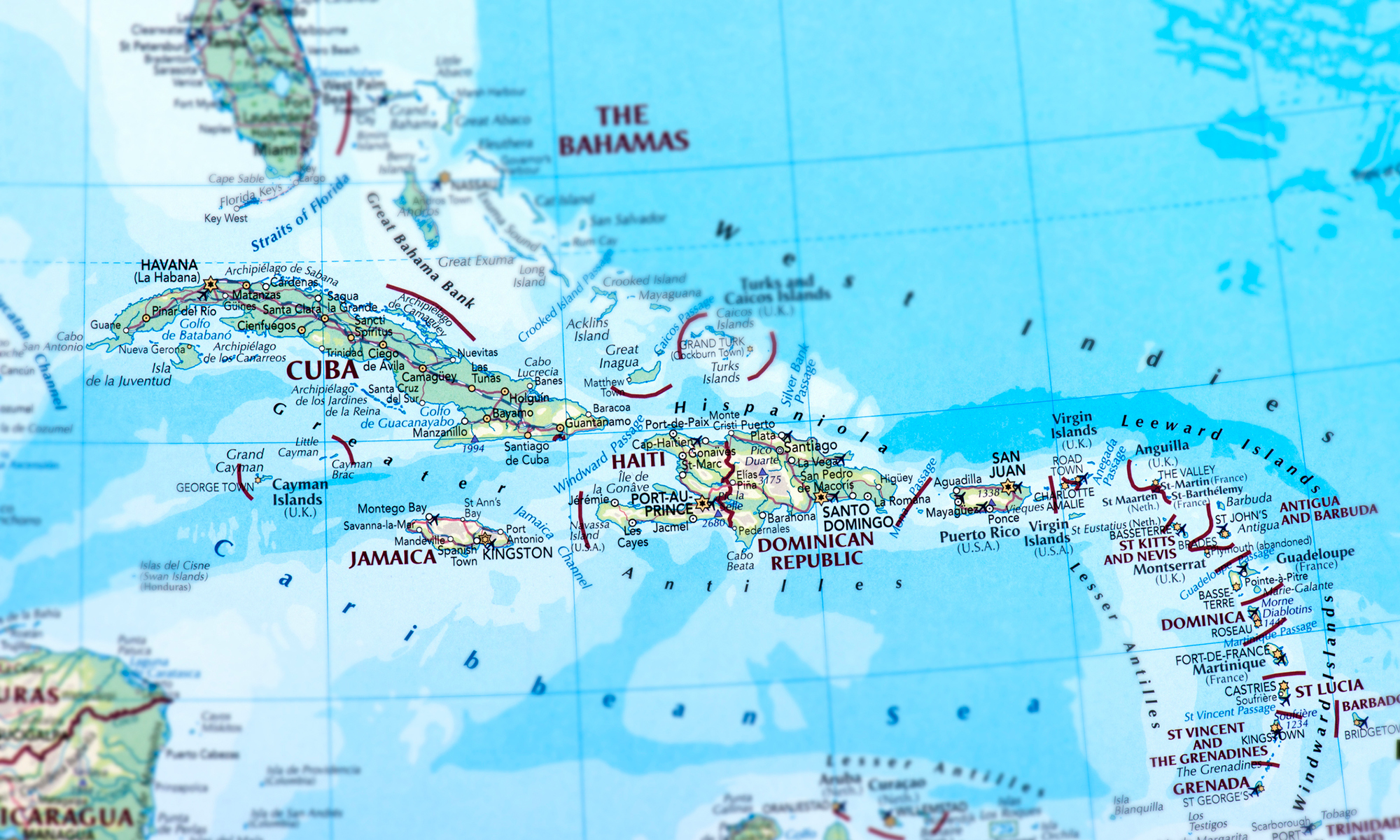On Tuesday, U.S. Rep. Rick Crawford, R-Ark., introduced legislation aimed at making it easier to export American agricultural goods to Cuba. The bill, H.R. 3687 or the Cuba Agricultural Exports Act, would repeal a law that prohibits financing the sales of U.S. agricultural products to Cuba and would give producers access to Department of Agriculture marketing programs that help the U.S. compete in foreign markets.
Currently, Cubans who want to buy U.S. agricultural products have to pay cash upfront. American farmers blame the upfront payment requirement for the lack of trade with Cuba. The farmers claim that without credit they cannot compete with countries like Vietnam and Brazil, who can extend credit to Cuba.
The bill also allows investments in Cuban agricultural businesses not affiliated with the Cuban government. All of Cuba’s agricultural imports from the United States are controlled by the state-owned entity Alimport, which purchases products for Cubans. Crawford’s bill upholds the cash-upfront requirement for goods sold to Alimport or any other entity controlled by the Cuban government. The bill, however, would allow limited investment, if U.S. officials certify that the entities are privately owned and not controlled by the Cuban government. “We’re trying to work outside of the realm of Alimport because that is a regime-controlled entity. What we want to do is facilitate private-sector investment and be able to access that market,” Crawford said.
Representative Crawford further stated:
“While the Administration has called on Congress to repeal the embargo entirely, I think the correct approach is to make cautious and incremental changes to current Cuba policies in ways that benefit the United States. The Cuba Agricultural Exports Act would allow our producers to compete on a level playing field in the Cuban market, a significant opportunity for American farmers and ranchers. Not only is it estimated that Cuba imports around 80 percent of its food supply, but the US also enjoys an inherent advantage due to our close geographic proximity and state of the art production and food distribution infrastructure. I believe that agriculture trading partnerships with Cuba will help build a foundation of goodwill and cooperation that will open the door to long-sought reforms in the same the way that American influence has brought reform to other communist states.”
House Agriculture Committee Chairman Michael Conaway, R-Texas, who cosponsored the bill said:
“Many in the agricultural industry have expressed a strong interest in increasing exports to Cuba due to the nation’s potential growth as a market for U.S. agricultural products. I appreciate Rick Crawford’s leadership on this bill—especially his efforts at reaching consensus with various stakeholders on this important issue.”
A copy of the bill can be found by clicking here.
Jose A. Aquino (@JoseAquinoEsq on Twitter) is a special counsel in the New York office of Duane Morris LLP, and a member of the Duane Morris Cuba Business Group. This blog is prepared and published for informational purposes only and should not be construed as legal advice. The views expressed in this blog are those of the author and do not necessarily reflect the views of the author’s law firm or its individual attorneys.
